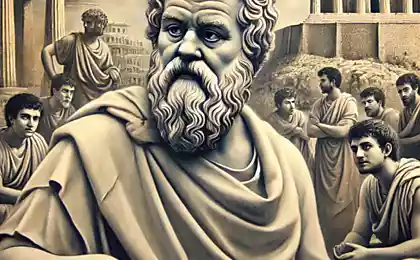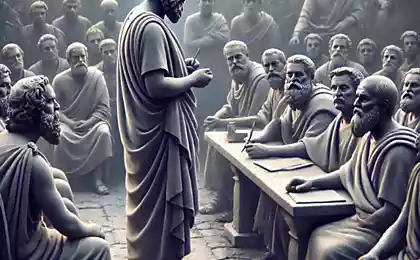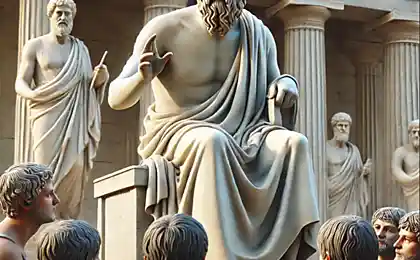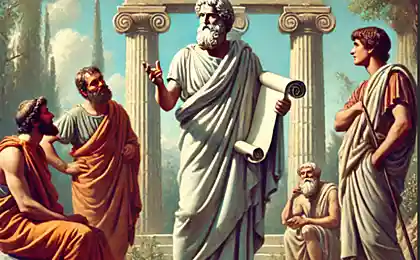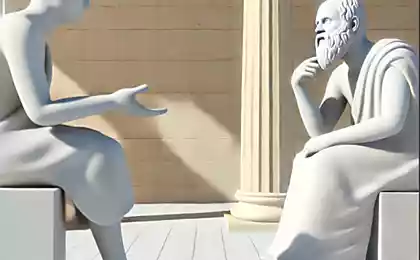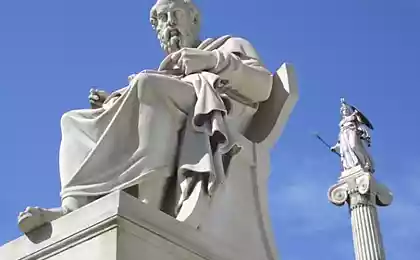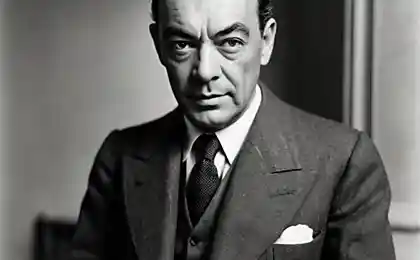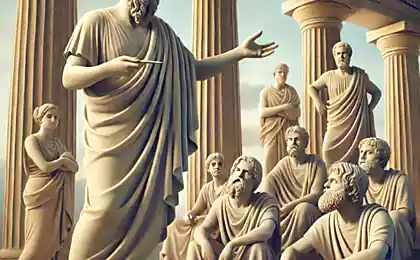213
The Trial of Socrates: Causes and Consequences Cycle of articles: 3 of 5

This is the third article in the Socrates series. Reference to the second article.
Accusations against Socrates: corruption of youth and disrespect for gods
Socrates was accused of two crimes: corruption of the Athenian youth and disrespect for the gods of the city. Prosecutors argued that Socrates undermined the foundations of traditional morality and religion by influencing young people with his philosophical views, which allegedly led to a weakening of social foundations.
These accusations were of a political and social nature, as Socrates caused discontent among the influential citizens of Athens with his teachings. His critique of democracy, associated with the support of certain aristocratic circles, increased tensions.

Proceedings and defense of Socrates
At the trial, Socrates did not try to justify himself to the accusers and showed no desire to soften his position. He defended himself on the basis of his philosophical conception. In his speech, he repeatedly emphasized that he fulfills the will of the gods, leading people to the truth through questions and dialogues.
Socrates used the trial as a platform to spread his ideas. He claimed to have tried to help people become aware of their flaws and false beliefs, which was perceived by prosecutors as a threat to traditional values.

His voluntary refusal to escape and acceptance of death
When Socrates was sentenced to death, his disciples offered to organize an escape. However, Socrates categorically refused this possibility. He believed that by breaking the law and escaping, he would go against his own beliefs about justice and submission to the laws of society.
For Socrates, accepting death was the highest form of following one’s principles and demonstrating fidelity to one’s beliefs. This decision had a profound impact on his followers and subsequent philosophical tradition.
Implications of the Court for Athenian Society and Philosophy
The death of Socrates was a turning point for the philosophy and social thought of Athens. Socrates became the symbol of a philosopher who would die for his beliefs. This influenced many of his followers, in particular Plato, who continued to develop the ideas of his teacher.
For Athenian society, the trial of Socrates was a manifestation of contradictions within the democratic system. His execution evoked reflections on the nature of justice, the laws, and the power of the mob, which later became an important theme for philosophical discourse.
Why did Socrates refuse to escape?
Socrates refused to escape because he believed that obedience to laws was an important part of his philosophical position. He did not want to go against his own convictions and convinced his disciples that death was not a defeat, but rather a victory for his ideas and principles.
What lessons can we learn from his trial?
The trial of Socrates shows the importance of perseverance in one’s convictions, even in the face of death. His example teaches us that ideas and principles can be more important than physical life. This case also demonstrates the weaknesses of a democratic system, where the voice of the majority may not always coincide with the notion of justice.
This article is part of a series of articles about Socrates. Socrates: Socrates: Philosopher and Citizen.
The Socrates Method: The Art of Asking Questions Cycle of articles: 2 of 5
Students Sokrat: Plato and Xenophon
